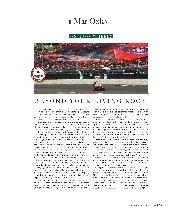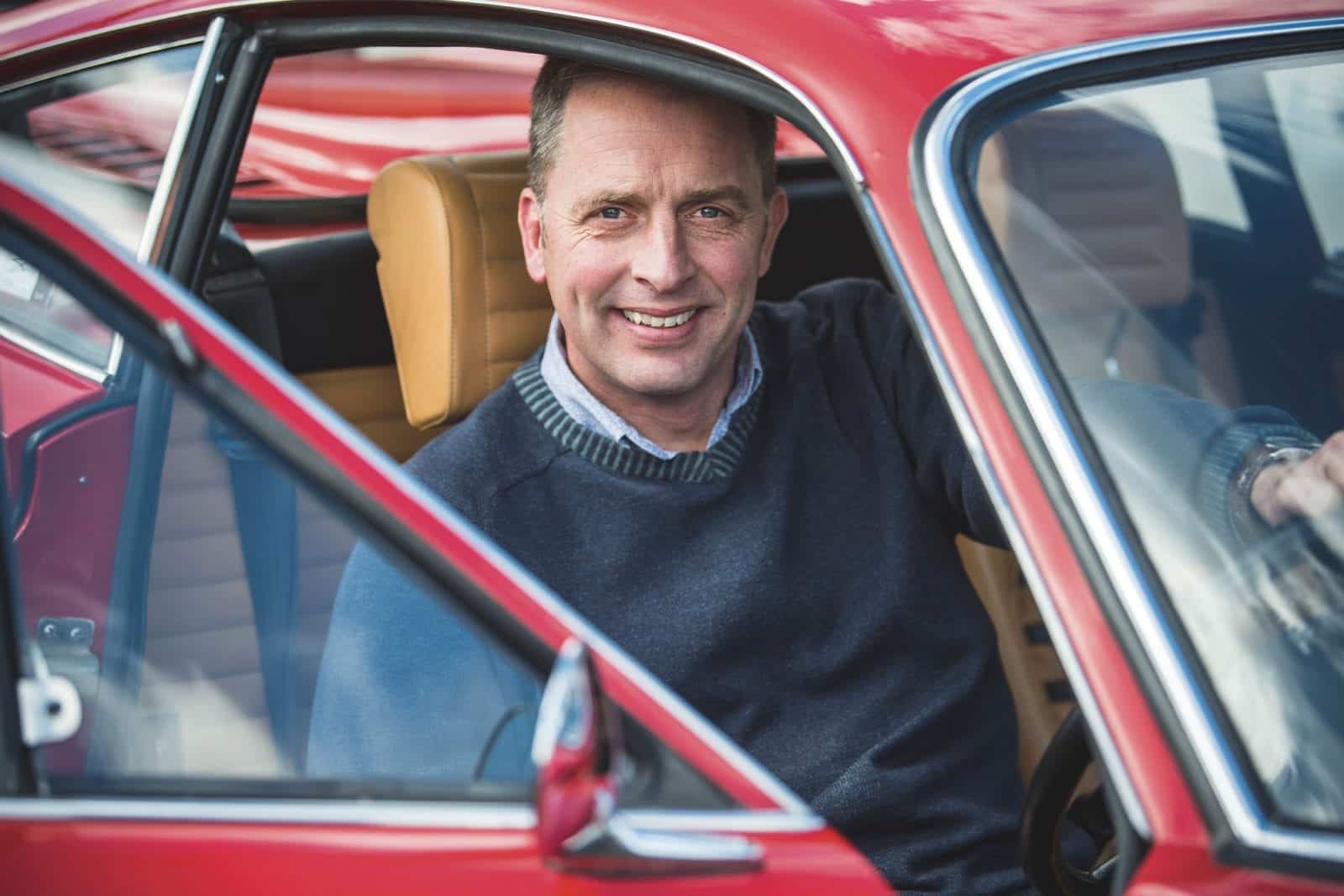
Beyond the Living Room
There are only two MotoGP events that I insist you visit and a few others that are worth attending. The rest, to be honest, are as well watched from the…

I left you last month with a promise to give you my predictions for the classic and collectable market. Clearly a fool’s errand, few are better suited to the task than me.
But to understand the future, we have to understand the past, and one of the questions I get more than almost any other is: why have some car prices dropped more than others?
The answer, as always, lies in the past: the classic car market through to the late 1990s was all about enthusiasts, and prices just reflected the balance between supply and demand. There then followed a decade or so of what we now refer to as an investor market. Now it’s clear from the conversations we have with both buyers and sellers that we are firmly back in an enthusiast’s market.
Let me explain. An air-cooled Porsche 911 of any vintage has always been a very desirable machine; great to drive, its iconic looks and reputation mean it will always be in demand – investors recognised this too, pushing some models to a six-figure value.
Then there is the 912. The 911’s unloved twin, it was ignored by many enthusiasts who preferred their Porsche with six cylinders; there was a time when you almost couldn’t give them away. And yet investors grabbed them and their value shot up on the 911’s coattails as a genuine alternative investment.
And for a time it was. Until it wasn’t. Why? It’s an enthusiast’s market again now, and enthusiasts have long memories. So, while the price of a good 1960s 911 has dropped by £10,000-£20,000, the four-cylinder car has fallen by up to twice that – if you can sell ’em at all; Stateside auctions earlier this year had eight 912s consigned, with estimates averaging $70,000. Just three sold, at an average of $40,000. Equilibrium has therefore been restored.
The same is true of the flat-floor Jaguar E-type. They were reserved for the aficionado back in the day because most enthusiast buyers wanted an E-type they’d actually be able to drive. However, investors convinced themselves that its rarity more than made up for a footwell so cramped that anyone with adult-sized feet struggled to operate the pedals one at a time. But those who drove the price that high are no longer buying; enthusiasts are driving the market once more and because the flat-floor doesn’t excite them, its price has plummeted, maybe by as much as half. An example estimated at $275,000+ at one US auction finally sold for $160,000 a few months later at another. Equilibrium has been restored again.
The Ferrari 308 is the last case study. In the 1990s, presented with the choice of a metal or plastic one, most preferred metal and prices for the two were similar.
Until the investors stepped in, christened early cars the Vetroresina, and values soared. But recent results confirm it rose a little too close to the sun – and values have since melted, reducing the fibreglass premium significantly. We recently sold a nice example for a recent-high of £87,000, but it included an invoice from 18 months earlier for nearly twice that.
The conclusion? Do not confuse rarity with desirability. Enthusiasts favour the latter, while investors haven’t always been so subtle. I refer to the above cars as ‘investor specials’.
Of course, while past performance is no guarantee of future values, if it looks like a duck, walks like a duck, and quacks like a duck, then it’s almost certainly overdue a market correction if things get any tougher. Not that it looks like they will, by the way. We, like many others, are being kept busy trying to service the demand that has been frustrated by lockdown; frankly, there are still an awful lot of people out there willing to spend good money on good cars.
So what should you buy if future values are your only proviso? Having run out of space, we’re afraid you’ll need to tune in next time…
In the meantime, I’m off for a drive in an old car. One I bought because I liked it.
Tristan Judge is director and co-founder of The Market, the online auction platform for classic and collectable cars